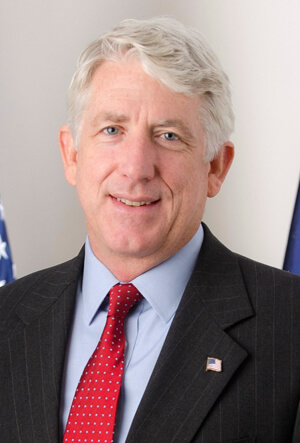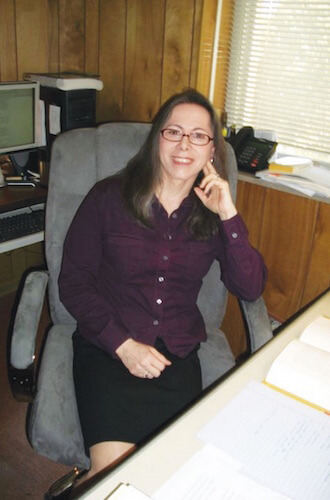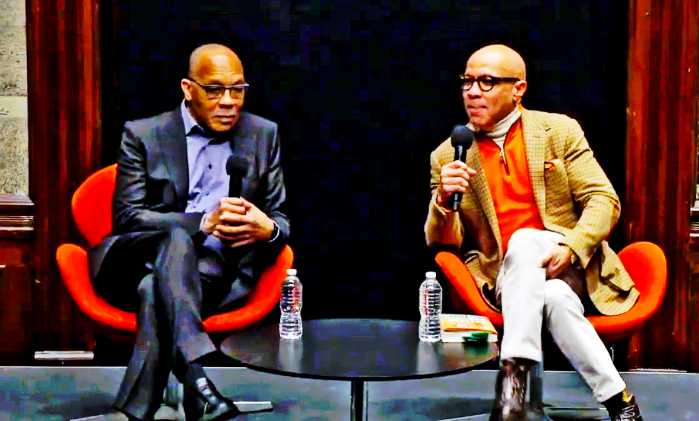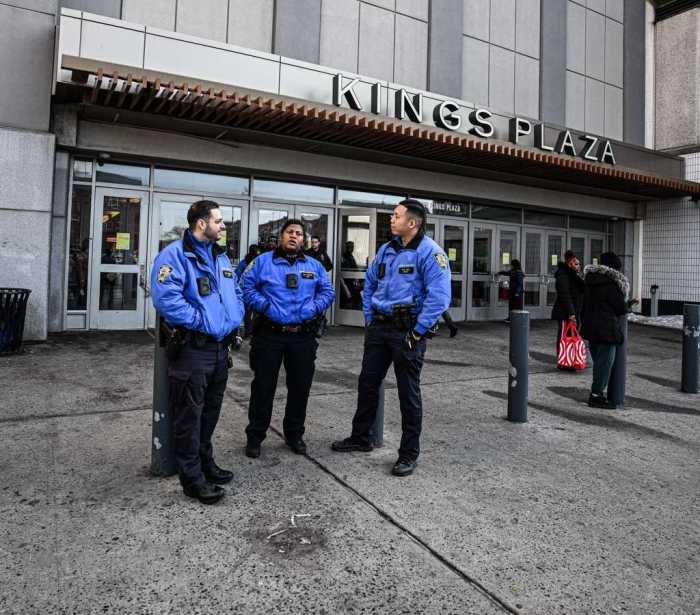Recently inaugurated as attorney general of Virginia, Democrat Mark Herring, who had run on a platform supporting same-sex marriage, was immediately faced with a strategic decision. The attorney general’s office represents the state’s registrar of vital records, Janet M. Rainey, the lead defendant in two federal lawsuits challenging Virginia’s constitutional and statutory ban on same-sex marriage.
One lawsuit, brought by plaintiffs now represented by David Boies and Ted Olson –– the prominent appellate lawyers who handled the successful challenge to California’s Proposition 8 –– is in the Eastern District of Virginia. The judge in that case has a hearing scheduled for January 30. (Editor's note: In the wake of Herring's announcement, the judge in this case notified the parties she is prepared to rule without a hearing.)
The other lawsuit, brought by the American Civil Liberties Union and Lambda Legal and pending in Virginia’s Western District, is not as far along.
Newly-elected Democrat argues marriage equality prohibition violates US Constitution's 14th Amendment
But the January 30 hearing forced the issue of whether Herring would continue arguing the case along the lines of his predecessor, conservative Republican Ken Cuccinelli, the unsuccessful gubernatorial candidate who was pledged to defend “traditional marriage,” or follow the lead of attorneys general in other states who have refused to defend same-sex marriage bans.
Herring announced on January 23 that he was following the course set by former California Attorney General Jerry Brown, who refused to defend Prop 8. That approach was subsequently taken up by US Attorney General Eric Holder, who in 2011 decided not to defend the ban on federal recognition of legal same-sex marriages written into the 1996 Defense of Marriage Act.
Herring’s senior litigator, Solicitor General Stuart A. Raphael, filed a notice with the Eastern District Court that even though state law required the AG’s office to continue enforcing the marriage ban until it is definitively ruled unconstitutional, the office would no longer defend it. That notice is accompanied by a memorandum arguing that the ban is unconstitutional and urging the court to strike it down.
Even though Virginia is now taking the same stance as California did with Prop 8, there is one critical difference. Rainey, the vital records registrar, is not the only defendant. The Norfolk county clerk is also a defendant and has separate counsel, and earlier in the lawsuit the Prince William County clerk, anticipating that the newly-elected attorney general might take the position he has, won the right to intervene and also has separate counsel.
In a press release announcing his move, Herring pointed out that unlike the California case, where the US Supreme Court held that the trial court’s decision striking down Prop 8 could not be appealed because none of the defendants with standing to appeal had done so, in this case the defending county clerks would clearly have standing to appeal in case the district court declares the ban unconstitutional.
The implications are important for both sides in the case, however. In the event the district court rules against the Virginia ban on gay marriage, supporters of the ban will have additional bites at the apple through the appellate process. On the other hand, marriage equality advocates, who won a welcome victory against Prop 8 but were denied the opportunity to have their broader arguments about a constitutional right of same-sex couples to marry taken up by the Supreme Court, could now get their day in that court.
The memorandum submitted on behalf of the State of Virginia –– whose governor, Democrat Terry McAuliffe, appears to be on board with the attorney general’s move –– argues that the ban on same-sex marriage violates the 14th Amendment in three different ways. It violates the Due Process Clause by denying a fundamental right –– the right to marry, identified on numerous occasions as fundamental by the high court –– to same-sex couples without the type of compelling justification required in cases involving fundamental rights. Further, the memorandum argues, the ban discriminates on the basis of both sexual orientation and sex.
The memorandum makes ample use of the recent marriage equality decisions by Utah District Judge Robert Shelby and Oklahoma District Judge Terence Kern. It also prominently cites Supreme Court Justice Antonin Scalia’s assertions –– in his stinging dissents in the 2003 Texas sodomy case and in last’s year’s DOMA ruling –– that the majority opinions that prevailed provide the basis for finding that same-sex couples have a constitutional right to marry.
Herring’s action quickly thrusts Virginia into the forefront of the current battles over same-sex marriage. With the gay marriage victories in Utah and Oklahoma headed to the 10th Circuit Court of Appeals and the Ninth Circuit taking up a challenge to Nevada’s gay marriage ban, it is possible that the next major trial court decision will come from Virginia after the January 30 hearing, setting up appellate review in the Fourth Circuit as well.
Solicitor General Raphael, in fact, urged the court to decide the case quickly.
“Defendant Rainey has no authority to invalidate or ignore Virginia’s ban on same-sex marriage, even though it conflicts with the Fourteenth Amendment,” he wrote. “In light of Rainey’s obligation to continue enforcing that ban, we urge the Court to adjudicate the merits of this case as rapidly as its fair-minded consideration will permit.”


































